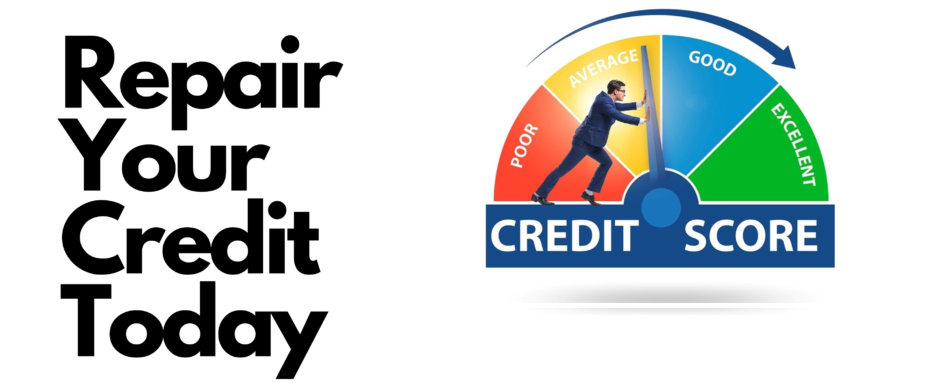Credit card debt and delinquencies have become a pressing concern for many individuals and families worldwide. In 2024, we are witnessing an alarming surge in these financial challenges, which raises the question of why this trend is occurring. At our blog, we aim to provide a comprehensive analysis of the factors contributing to the skyrocketing credit card debt and delinquencies, shedding light on the underlying causes and potential solutions. Join us as we delve into this critical issue and explore the implications it holds for the future.
Credit Card Debt & Delinquencies Surging Higher in 2024 (Here’s Why)
Introduction
In today’s financial climate, keeping a close eye on consumer debt trends is crucial. One area that has been catching the attention of experts and analysts is credit card debt and delinquencies. As we move forward into 2024, it becomes evident that these two factors are on the rise. But what exactly is causing this surge in credit card debt and delinquencies? In this article, we will explore the reasons behind this alarming trend and provide insights on how individuals can navigate these challenging times.
Economic Factors Driving the Surge
Several economic factors contribute to the increase in credit card debt and delinquencies. Let’s take a closer look at some of the key drivers:
Rising Cost of Living: The cost of living continues to soar, putting a strain on many households’ budgets. As expenses for housing, healthcare, and education increase, individuals may resort to credit cards to bridge the gap between income and expenditure.
Unemployment and Underemployment: The COVID-19 pandemic brought about massive job losses and reduced work hours for many individuals. The resulting unemployment and underemployment have affected people’s ability to repay their credit card debts, leading to higher delinquency rates.
Inflation: Inflation is another factor that contributes to the surge in credit card debt and delinquencies. As the prices of goods and services rise, individuals find it harder to make ends meet, often resorting to credit cards for essential purchases.
Promotional Offers and Easy Access to Credit: Credit card companies often entice consumers with appealing promotional offers and easy access to credit. While these offers may seem enticing, they can lead to impulsive spending and increased debt burdens.
The Impact of Social and Behavioral Factors
Beyond economic factors, social and behavioral factors also play a significant role in the surge of credit card debt and delinquencies. These factors can further exacerbate the financial challenges individuals face:
Lack of Financial Education: Insufficient financial education leaves many individuals ill-equipped to handle credit responsibly. Without proper knowledge of interest rates, repayment strategies, and budgeting, individuals are more likely to accumulate credit card debt and fall behind on payments.
Impulsive Spending Habits: In a consumer-driven society, impulse buying has become a common behavior. The ease of online shopping and the instant gratification it offers can lead individuals to overspend without considering the consequences.
Lifestyle Inflation: As people’s incomes increase, their lifestyles often tend to inflate simultaneously. This phenomenon, known as lifestyle inflation, causes individuals to spend more on luxuries and non-essential items, pushing them further into debt.
Peer Pressure: The influence of friends, family, and social media can also contribute to credit card debt and delinquencies. People may feel pressured to keep up with the latest trends and spend beyond their means to maintain a certain image or social status.
How to Navigate the Challenges
While the surge in credit card debt and delinquencies may seem alarming, there are steps individuals can take to navigate these challenges:
Create a Budget: Establishing a budget is crucial for managing finances effectively. Allocate funds for essential expenses and prioritize debt repayment to avoid falling behind.
Reduce Expenses: Look for areas where expenses can be minimized. Cut back on non-essential purchases and consider alternatives for costly services.
Seek Financial Education: Take the initiative to educate yourself about personal finance. Understand interest rates, credit card terms, and develop a solid understanding of budgeting and saving strategies.
Communicate with Creditors: If you anticipate difficulty making credit card payments, reach out to your creditors and communicate your situation. They may offer alternative repayment options or provide guidance to help you navigate this challenging period.
Avoid Additional Debt: While it may be tempting to use credit cards for immediate needs, try to avoid accumulating more debt. Explore other options, such as seeking additional income or assistance programs, to meet your financial obligations.
Build an Emergency Fund: Establishing an emergency fund can provide a safety net during unexpected financial challenges. Aim to set aside a portion of your income regularly to build this fund gradually.
Conclusion
As credit card debt and delinquencies continue to surge higher in 2024, it is vital for individuals to understand the underlying factors and take proactive steps to manage their financial well-being. By staying informed, seeking financial education, and making deliberate choices, individuals can navigate these challenging times and work towards achieving financial stability. Remember, proper financial management is crucial, and seeking the assistance of licensed professionals is always advisable. Let’s empower ourselves to make informed decisions and secure a brighter financial future.
Disclaimer: We are not financial advisors, and this article does not constitute financial advice. Please consult with a licensed professional before making any investment or financial decisions.






